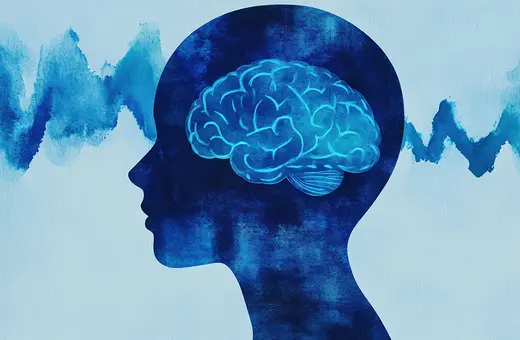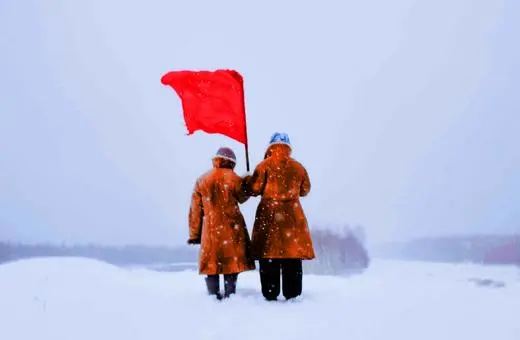Some think that the tendency to take offence is a “snowflake” generation thing, a sign of oversensitivity and a habit to grow out of. But instead of dismissing offence as the hurt feelings of the thin skined, we should take its main effect seriously: the undermining a person’s social standing. Taking offence then at behaviours that disrespect us is a small act of resistance, a signal to others of one’s social worth, argues Emily McTernan.
Many dismiss taking offence as merely a matter of having one’s feelings hurt. An inclination to take offence is regarded as an affliction of the supposedly oversensitive ‘snowflake’ generation. Some even suggest there is a growing ‘culture of taking offence’ over what seem small details of our social interactions, like flirtatious remarks. But these are all mistakes. There is nothing new about taking offence and nor does it simply indicate hurt feelings. Instead, to take offence is a way to defend against small and subtle attempts to undermine one’s social standing. Such resistance can, sometimes, be a good thing.
Re-characterising offence: Social standing, not feelings
Taking offence is a more commonplace and widespread emotion than it is sometimes depicted as being in public debate. Rather than being restricted to the ‘snowflake’ generation, most of us feel offence some of the time, in all sorts of everyday interactions. You might take offence when, say, someone bumps into you in the pub and spills your drink without apologising, or someone pushes in front of you in a queue. Or suppose that a colleague keeps forgetting or mispronouncing your name, even though you’ve told them it repeatedly, or that your partner makes rude remarks about your cooking in front of guests. Or you might take offence when someone tells a sexist joke or cat calls you on the street.
You are offended when you perceive an affront to your sense of your social standing: when you think that another’s gesture is lacking in the consideration or respect that you think that others owe to you.
What provokes offence, then, is someone acting in a way that is inconsiderate, disrespectful, inappropriate, or in some way puts you down. You are offended when you perceive an affront to your sense of your social standing: when you think that another’s gesture is lacking in the consideration or respect that you think that others owe to you. After all, if I accepted that you ought to treat me disrespectfully, or with a lack of ordinary consideration, I’d not be offended by your doing so. And when we take offence, our feelings need not be hurt. Indeed, sometimes it can even feel pleasant to take offence, especially when others agree with us that the offending party has acted improperly. Rather, when we take offence, we are rejecting the other’s slight to our social standing.





















Join the conversation